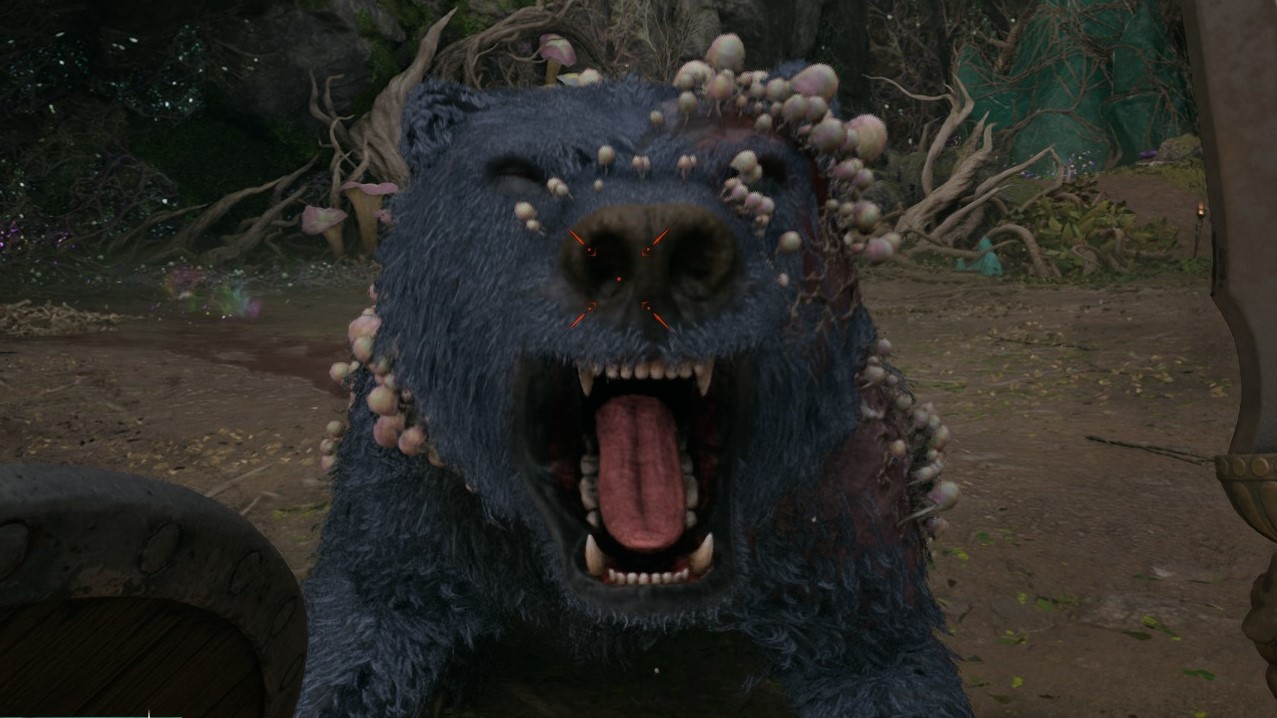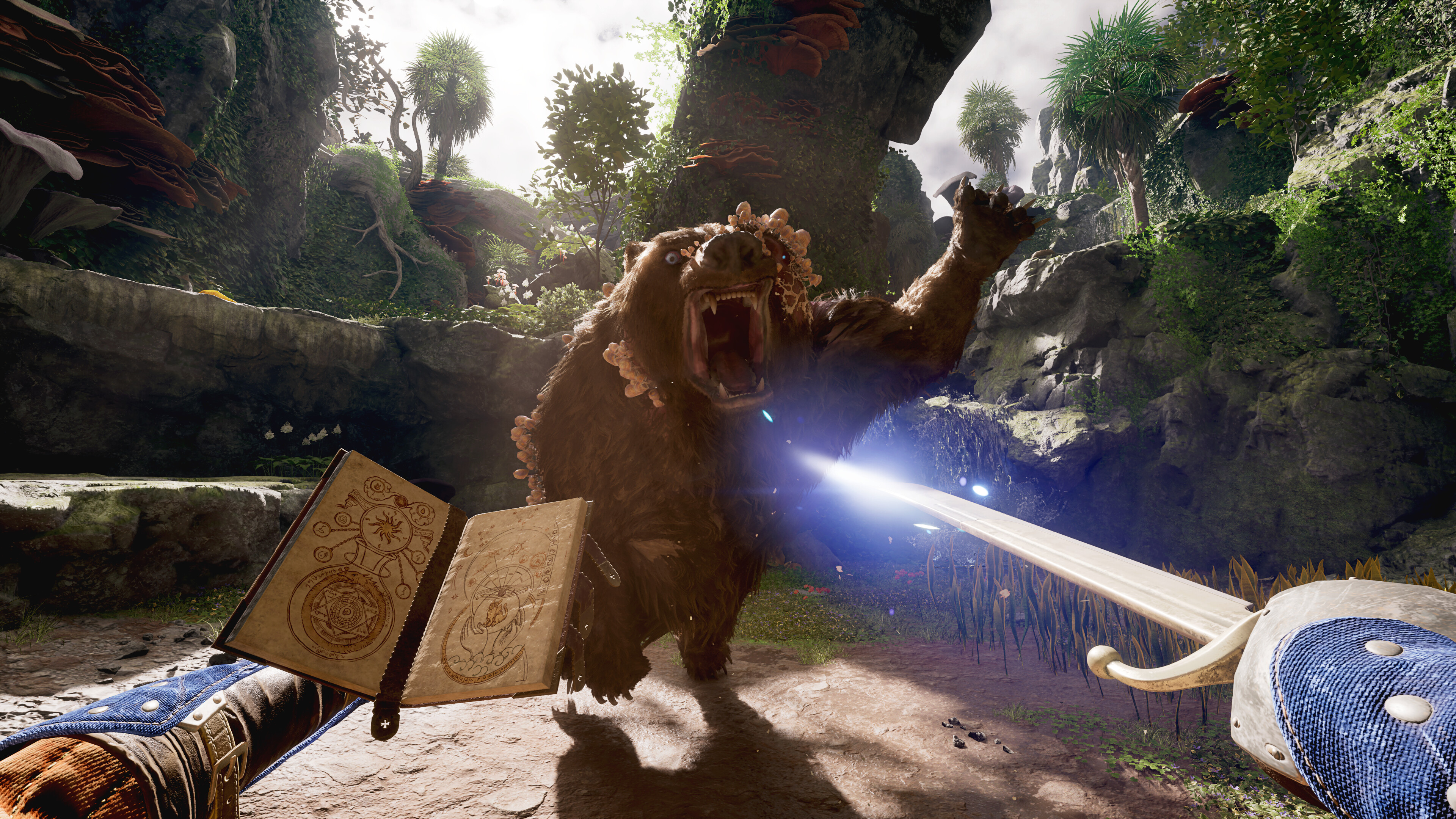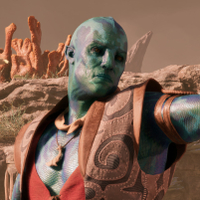Avowed is overrun with bears and I need to find out why
I can't bear it anymore! (Sorry.)

As you'd expect from an Obsidian RPG, Avowed is rich in world-building and lore. Everywhere you go, you can read books about the history of the Living Lands, quiz NPCs about the motivations of their factions, and find ruins and artifacts that hint at hidden truths. And yet I remain unsatisfied, because there is one question that has haunted me throughout my 30 hours with the game so far:
What's with all the bears?
Our ursine friends are everywhere. Colonies of them roam the wilderness or hide out in caves. Xaurip clans keep them as pets, somehow. The Dreamscourge turns them into fungus-ridden monsters who fight alongside its thralls.
One of the first bosses you ever fight as part of the main story is a giant bear. Bounties pay you to slay them. Wherever you go, they're there in abundance, acting as one of the most common default enemy types in the game.
In fact, besides giant insects and arachnids, they seem to be the primary form of animal life in the Living Lands. Grazing beasts and livestock are very occasionally seen (I'm particularly partial to the weird goats, which I've only ever found once), but beyond that this realm has none of the wild or domesticated creatures you'd usually expect to see in a fantasy RPG. No dogs, no cats, no wolves, no giant rats… only the unending hordes of bears.
This is an isolated island colony—a strange, tropical land. How did they get here? What do they eat? Why are they so aggressive? And how are the local lizardmen managing to tame them when seemingly no one else can?
Avowed unique weapons: Grab these early
Totem of Rightful Rulership: Find all the pieces
Intimidating Feline Codpiece: Treasure map solution
Kai romance: Soldier through together
Avowed Ygwulf: How to handle the assassin

They must be an invasive species, I suppose. Perhaps the original colonists brought them, as part of a hare-brained scheme to protect themselves from the local monsters, and they escaped to ravage the land. Or perhaps the ancient Godless used to breed them for meat in their long-lost kingdom. Most likely they have since eaten all the indigenous animals, leaving them as the dominant life-form of the island. No longer is this the Living Lands: it is Bear Island.
The biggest gaming news, reviews and hardware deals
Keep up to date with the most important stories and the best deals, as picked by the PC Gamer team.
Don't get me wrong—I'm not complaining, not really. Avowed has a more humble scope by design, compared to the likes of Baldur's Gate 3 or Skyrim, and it makes sense that part of that is a reduced variety of enemy types. Bears are a classic RPG staple in their own right, and the ones in this game are great fun to fight—I love getting hits in between parrying their rapid swipes and leaping out of the way of their crushing body slams. And honestly, in a genre all about escalating power fantasy, there's not much that could make you feel more powerful than smashing shoulder-first into a bear the size of a van and hurling it off a cliff.
But one thing's for sure: whenever I think of Avowed in the years to come, the first thing that will spring to my mind won't be its politics or its mysteries or its companions or its many gods. It will be the endless, furry tide of bears, and the approximately 300 million of them I fireballed into ash on my quest to save the Living Lands.

Formerly the editor of PC Gamer magazine (and the dearly departed GamesMaster), Robin combines years of experience in games journalism with a lifelong love of PC gaming. First hypnotised by the light of the monitor as he muddled through Simon the Sorcerer on his uncle’s machine, he’s been a devotee ever since, devouring any RPG or strategy game to stumble into his path. Now he's channelling that devotion into filling this lovely website with features, news, reviews, and all of his hottest takes.


